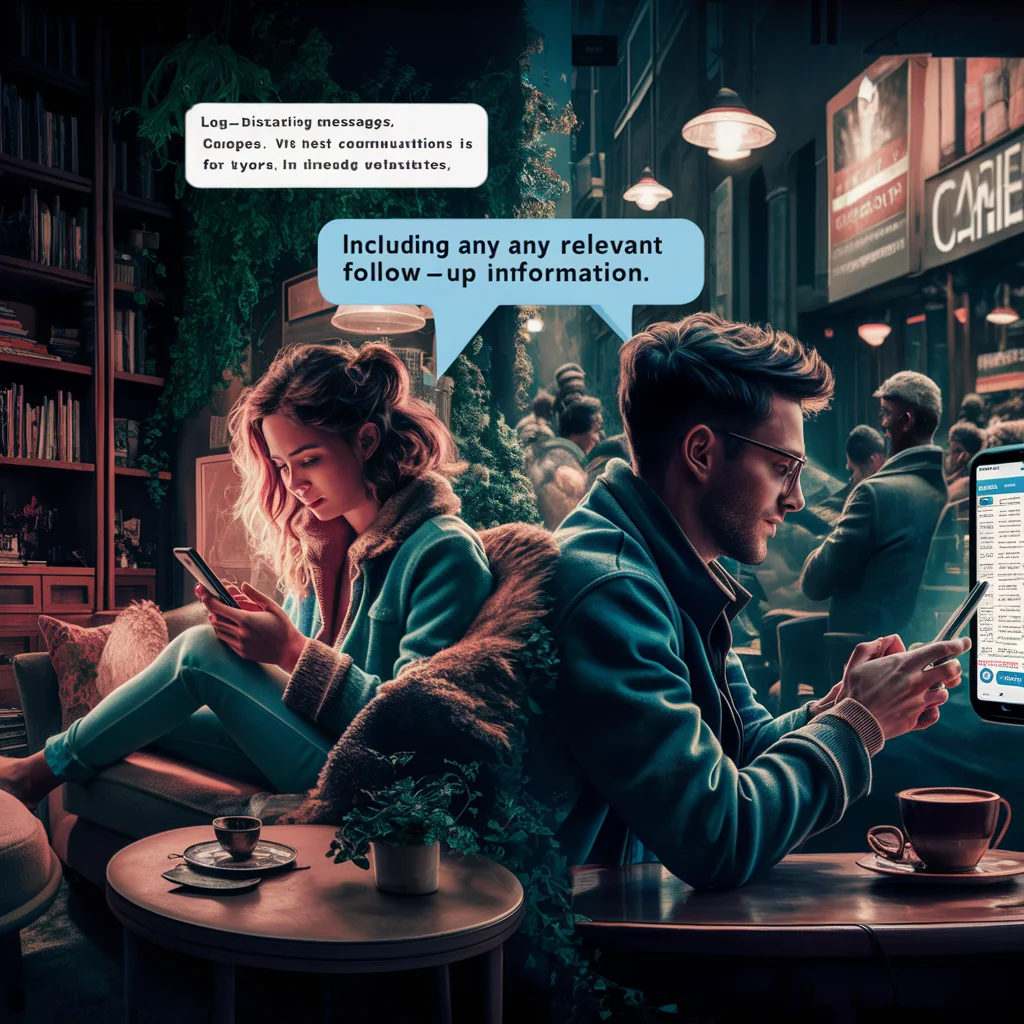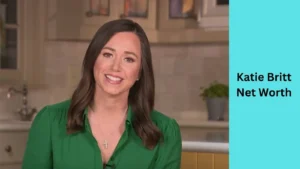Writing a thank-you email to your professor is more than just a polite gesture. It’s a way to show appreciation for their time, effort, and support.
Whether they’ve written a letter of recommendation, provided career advice, or simply supported you throughout a course, a well-crafted thank-you email can leave a lasting positive impression.
This guide will walk you through the essential steps to create a thank-you email that professors will appreciate and remember.
Understanding the Importance of a Thank-You Email

Sending a thank-you email is appropriate in many scenarios.
For Example:
After receiving a letter of recommendation, when a professor has gone out of their way to provide guidance or support, or after completing a course are all ideal times.
Explanatiion:
These emails not only show your gratitude but also help maintain a positive relationship.
Choosing the Right Tone for Your Thank-You Email
The tone of your email should be professional yet warm. It’s important to strike a balance between formality and friendliness.
For Example:
Your professor should feel respected, but also see your genuine appreciation.
Explanatiion:
Tailor your tone based on your relationship with the professor and the context of your gratitude.
The Importance of Personalization in Thank-You Emails
Personalization is key in a thank-you email. Avoid generic statements and make your email unique to your experience.
For Example:
Mention specific instances where their support made a difference.
Explanatiion:
This shows that you are sincere and that their efforts had a tangible impact on you.
Crafting a Clear and Concise Subject Line

Starting Your Email with a Polite Greeting
Begin your email with a respectful and polite greeting.
For Example:
Use proper titles and names, such as Dear Professor Smith, to set a respectful tone from the start.
Explanatiion:
This establishes a positive first impression and shows that you are considerate of their position.
Expressing Genuine Gratitude in Your Email
When expressing gratitude, be sincere and specific. Instead of simply saying Thank you, explain why you are thankful.
For Example:
Thank you for writing my letter of recommendation. It significantly strengthened my application to graduate school.
Explanatiion:
This level of detail conveys genuine appreciation.
Mentioning Specific Details to Show Your Appreciation
Including specific details about how the professor helped you makes your thank-you more impactful.
For Example:
Your feedback on my thesis proposal helped me refine my research question and methodology.
Explanatiion:
Reference a particular piece of advice or an instance where their support was particularly valuable.
Keeping Your Thank-You Email Brief and to the Point
Ensure your email is well-written and free of errors.
For Example:
This demonstrates respect for the professor’s time and shows that you put thought into your message.
Explanatiion:
Use professional language and check your grammar and spelling.
How to Sign Off Your Thank-You Email Appropriately
End your email with a polite and professional closing.
For Example:
Phrases like Sincerely, Best regards, or Thank you again, followed by your name, are appropriate.
Explanatiion:
This leaves a positive final impression and closes the email respectfully.
Including Any Relevant Follow-Up Information

Avoiding Common Mistakes in Thank-You Emails
Common mistakes in thank-you emails include being too vague, too lengthy, or too informal.
For Example:
Proofread your email to catch any errors and ensure your message is clear.
Explanatiion:
Stay concise, specific, and professional.
Timing Your Thank-You Email for Maximum Impact
Timing can affect the impact of your thank-you email. Send it soon after the event or action you’re thanking the professor for.
For Example:
This ensures your gratitude is fresh and relevant.
Explanatiion:
A prompt email shows attentiveness and appreciation.
How to Show Continuous Appreciation Beyond the Email
Expressing gratitude doesn’t have to end with an email.
For Example:
Continue to show appreciation through your actions, such as participating in class, following their advice, or keeping them updated on your progress.
Explanatiion:
This reinforces your thank-you and maintains a positive relationship.
Examples of Effective Thank-You Emails to Professors
Sharing personal experiences makes your thank-you email more relatable and impactful.
For Example:
Describe how the professor’s support specifically benefited you.
Explanatiion:
This personal touch shows that you value their contribution on a deeper level.
The Role of Sincerity in Thank-You Emails
Sincerity is crucial in a thank-you email. Professors can tell when gratitude is genuine.
For Example:
Be honest and heartfelt in your expression of thanks.
Explanatiion:
This sincerity can strengthen your relationship and leave a lasting positive impression.
How to Address Multiple Professors in a Thank-You Email
If you need to thank multiple professors, consider whether a group email or individual emails are more appropriate.
For Example:
A group email is efficient. For more personal thanks, individual emails are better.
Explanatiion:
Be sure to address each professor respectfully and specifically.
Balancing Formality and Friendliness in Your Email
Proofreading is essential to avoid mistakes in your email.
For Example:
Errors can undermine your professionalism and distract from your message.
Explanatiion:
Take the time to review your email for spelling, grammar, and clarity.
The Benefits of Sending a Handwritten Thank-You Note
While emails are convenient, a handwritten thank-you note can be more personal and memorable.
For Example:
Consider sending a handwritten note for extra special thanks.
Explanatiion:
This gesture can make a lasting impression and show that you went the extra mile.
Using Email Templates as a Starting Point
Email templates can be a helpful starting point, but ensure your email is personalized.
For Example:
Customize templates with specific details and genuine expressions of gratitude.
Explanatiion:
This makes your email unique and meaningful.
How to Follow Up After Sending a Thank-You Email
When thanking professors for letters of recommendation, emphasize how their support impacted your application process.
For Example:
Your letter of recommendation played a crucial role in my acceptance to the graduate program.
Thanking Professors for Career Advice and Mentorship
For career advice and mentorship, acknowledge how their guidance has shaped your career path.
For Example:
Highlight specific advice or support that has been particularly helpful.
Explanatiion:
This shows you value their mentorship.
Showing Appreciation for Academic Assistance and Support
Thank professors for academic assistance by mentioning specific ways they helped you succeed.
For Example:
Your extra office hours helped me understand the material better and improved my performance in the course.
Thanking Professors After Completing a Course
To make your thank-you email stand out, be specific, sincere, and prompt.
For Example:
Include unique details and personal experiences.
Explanatiion:
This level of personalization sets your email apart and shows that you truly value the professor’s contribution.
Understanding Cultural Differences in Thank-You Emails
Cultural differences can affect how thank-you emails are perceived.
For Example:
Be mindful of cultural norms and expectations when expressing gratitude.
Explanatiion:
This shows respect and awareness, ensuring your message is received positively.

James Wilson is the creative mind behind ReplySwift.com. With a talent for crafting quick and clever responses, James helps others communicate more effectively. On ReplySwift.com, he shares tips, templates, and insights to make every reply impactful and engaging. Join James and elevate your response game to new heights.












